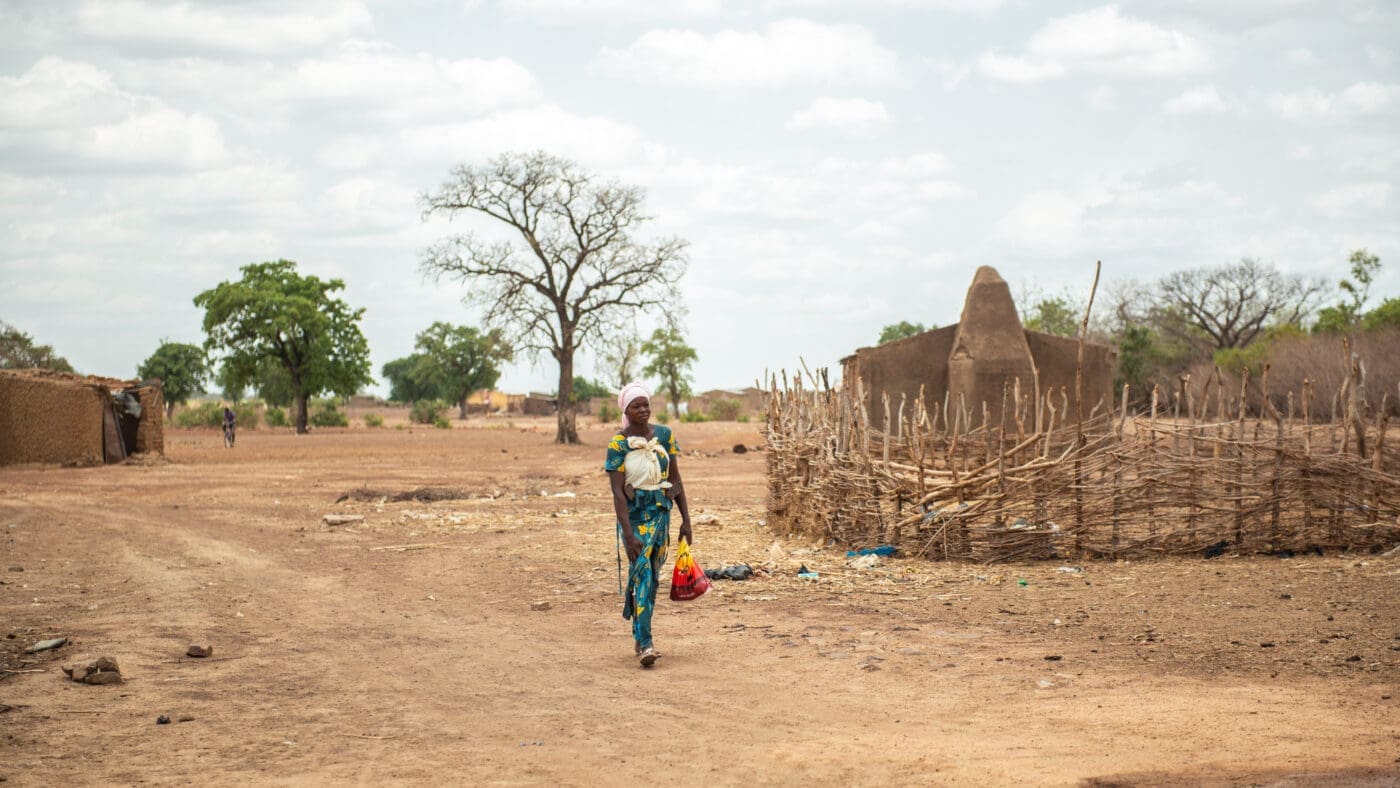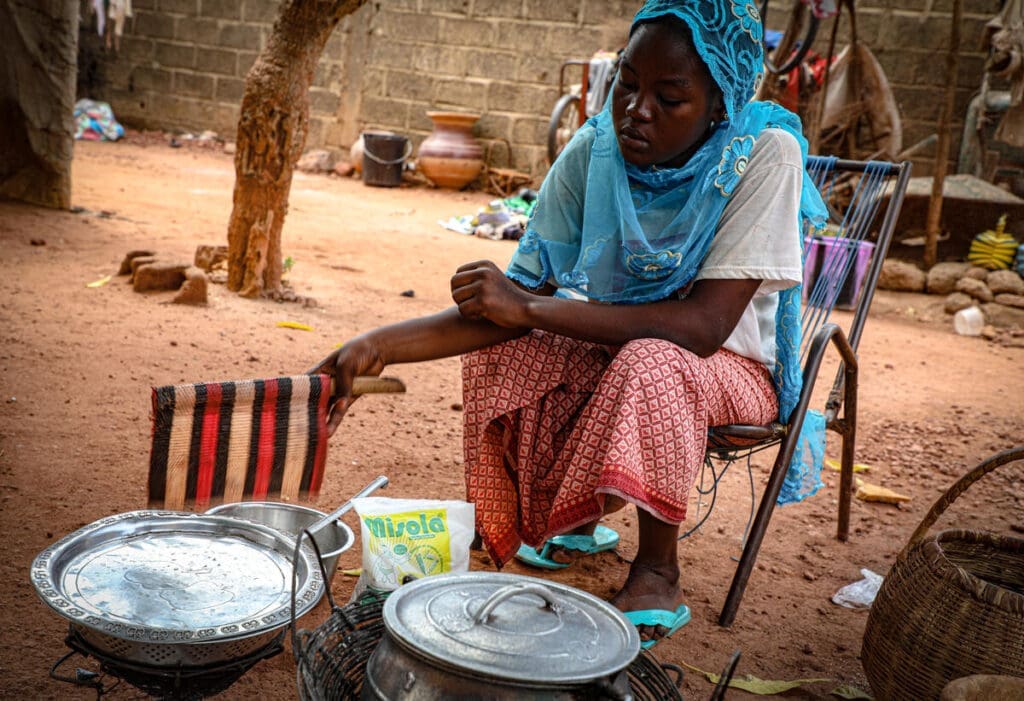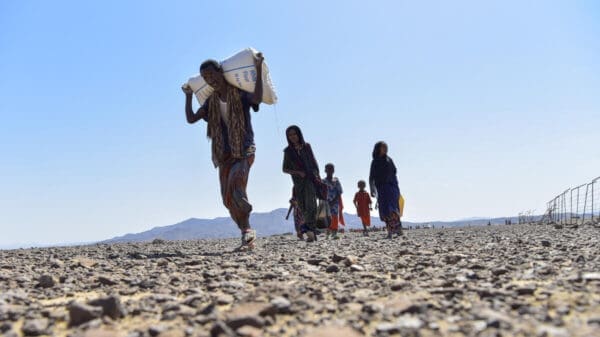
Mali
The cumulative effects of frequent drought, armed violence and widespread insecurity have progressively hurt people’s livelihoods.
Struggle for Peace
Poverty is on the rise, affecting nearly 80% of people. Hunger levels are twice as high in families headed by women– a reflection of widespread gender inequalities. 1.8 million people are projected to be severely hungry. Acute malnutrition levels in four regions (Menaka, Koro, Nioro and Diema) are critical.
Following a coup in March 2012, much of northern and central Mali was occupied by non-state armed groups. A U.N. peacekeeping mission was deployed to the country in July 2013. Since mid-2016, there has been a multiplication of local conflicts and insecurity hampering humanitarian access and leading to increased population displacement and vulnerability of conflict-affected communities.
Agriculture represents 80% of employment. However, land degradation, lack of fertilizers, post-harvest losses and limited access to markets contribute to small-scale farmers suffering from higher-than-average poverty rates.

WFP’s Work in Mali
WFP has been present in Mali since 1964. The agency’s operations focus on emergency response, resilience building and strengthening of national capacities.

WFP reaches shock and crisis-affected populations with food or cash emergency assistance. WFP responds to large-scale crises, mainly linked to climate and conflict, but also to seasonal shocks.


WFP supports the government’s National School Meal Program by providing nutritious school meals. In June of 2022, WFP assisted over 98,000 schoolchildren with daily hot meals in 497 schools across Mali’s central, northern and southern regions.


WFP provides supplementary feeding and other nutrition support to several vulnerable groups including children under the age of 5 and pregnant women and breastfeeding mothers.


WFP is scaling up complement long-term programs that reduce the need for a humanitarian response. This integrated approach to resilience includes the creation of assets like roads, dams and water ponds alongside school feeding and nutrition activities.

You Can Help Save Lives
When you donate, you help us deliver critical food relief to the most vulnerable people in Mali and other countries around the world. You can make difference in someone’s life – send food today.
News & Updates from Mali
Read the latest articles on hunger issues and WFP’s work in Mali.


